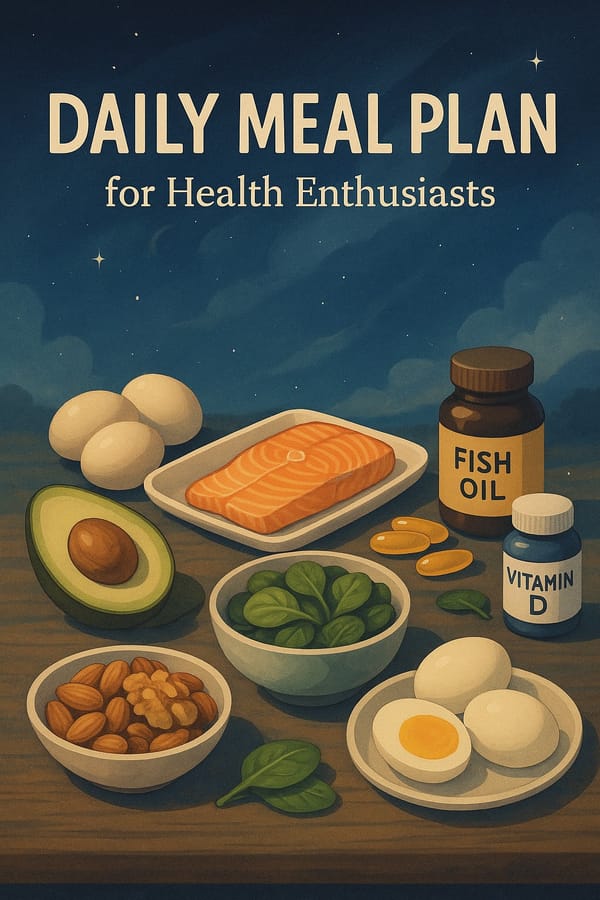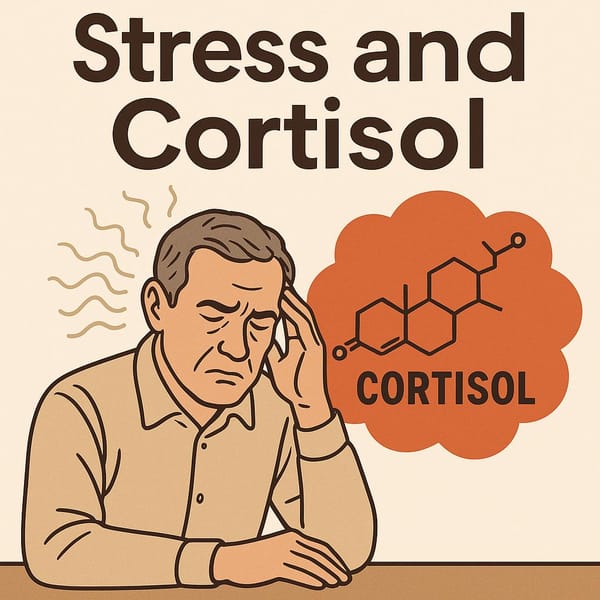Insulin and Fat Burning: The Secret You Need to Know for Better Health

Have you ever wondered why some people exercise intensely but still struggle to reduce body fat? It might be time to delve into the role of a hormone called "insulin" and its significant impact on fat metabolism in the body.
What is Insulin, and What Does It Do in the Body?
Insulin is a hormone produced by the pancreas, primarily responsible for regulating blood sugar levels. When we consume food, especially carbohydrates like rice, bread, or sweets, blood sugar levels rise. This prompts the pancreas to release insulin, which helps transport sugar into cells throughout the body. These cells either use it for energy or store it as glycogen and fat for later use.
Insulin and Fat Storage: The Critical Connection
While insulin's main function is to regulate blood sugar, its role in promoting fat storage should not be overlooked. Prolonged high insulin levels, often caused by frequent consumption of sugary or carbohydrate-rich foods, can lead to the body storing excess energy as fat. High insulin levels also make it harder for the body to access stored fat for energy, contributing to a condition known as "insulin resistance," which is associated with obesity and type 2 diabetes.
Fat Burning Process: How Does Insulin Play a Role?
Fat oxidation, or the process of burning fat, occurs when the body needs energy but lacks sufficient blood sugar, such as during exercise or short-term fasting. In these situations, insulin levels drop, allowing the body to release hormones like glucagon and cortisol to mobilize stored fat for energy.
However, if insulin levels remain high, the body prioritizes using blood sugar or glycogen for energy instead of stored fat, slowing down the fat-burning process.
Insulin Resistance and Age: Why Does It Matter?
As we age, insulin function may naturally change due to several factors, such as decreased muscle mass, hormonal shifts, and slower metabolism. These changes can make older adults more prone to insulin resistance.
Contributing Factors:
- Loss of Muscle Mass: Muscles are energy-intensive organs. Reduced muscle mass decreases cells' sensitivity to insulin, leading to increased fat storage.
- Hormonal Changes: Hormones like growth hormone and testosterone, which influence metabolism, often decline with age, affecting the body's energy utilization.
- Lifestyle Changes: Older adults may become less active, leading to higher blood sugar and insulin levels.
Prevention Tips:
- Engage in resistance training to stimulate muscle growth.
- Opt for foods that help regulate blood sugar, such as vegetables, whole grains, and healthy fats.
- Maintain a healthy weight.
Diet and Habits to Reduce Insulin and Promote Fat Burning
- Reduce Sugar and Refined Carbohydrate Intake
- Foods with a low glycemic index, such as brown rice, leafy greens, and whole grains, help control blood sugar and lower insulin release.
- Increase Healthy Fats and Protein
- Foods rich in healthy fats, like avocados, nuts, and salmon, promote satiety and reduce sugar cravings.
- Incorporate Aerobic and Strength Training
- Exercise increases cell sensitivity to insulin, improving energy utilization.
- Try Intermittent Fasting
- Time-restricted eating can lower insulin levels and encourage fat utilization for energy.
- Manage Stress
- Stress triggers cortisol release, which can increase blood sugar and insulin levels.
Signs of Insulin Resistance and How to Prevent It
Warning Signs:
- Rapid weight gain, especially around the abdomen
- Frequent hunger and sugar cravings
- Sleepiness after meals
- Dark patches or rashes in skin folds
Prevention Strategies:
- Monitor your diet
- Exercise regularly
- Schedule annual health check-ups to assess blood sugar and insulin levels
Conclusion: Understanding Insulin for Effective Fat Metabolism
Insulin is a vital yet complex hormone that significantly influences the body's fat metabolism. Effectively managing insulin levels can help reduce fat storage and maintain overall balance. Choosing the right diet, exercising regularly, and adopting a holistic approach to health are essential keys to long-term wellness.



